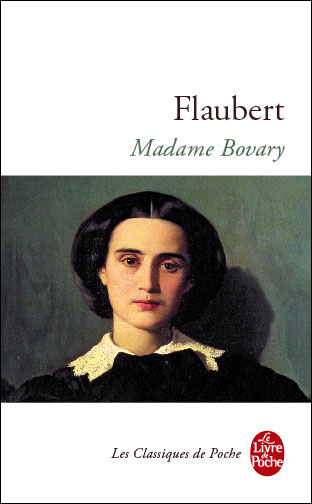 After growing up in the United States and pursuing a career in journalism, Roxana Saberi decided to move to Iran to become more familiar with Farsi and learn more about her culture. In the process, she performs as a freelance journalist and eventually decides to write a book on Iran and its people to educate the world of an Iran that she knew, not the Iran that the media knew. After several years of research and conducting interviews, she is arrested on counts of espionage and holding confidential documents, charges she was surprised to learn of.
After growing up in the United States and pursuing a career in journalism, Roxana Saberi decided to move to Iran to become more familiar with Farsi and learn more about her culture. In the process, she performs as a freelance journalist and eventually decides to write a book on Iran and its people to educate the world of an Iran that she knew, not the Iran that the media knew. After several years of research and conducting interviews, she is arrested on counts of espionage and holding confidential documents, charges she was surprised to learn of.In this fantastic and easy read, Roxana Saberi offers a real look into her experience in Evin Prison. She takes you into her cell and gives you a shocking yet humbling view of the lives of her cellmates. From political activists to religious dissidents, Saberi shows an interesting demographic view of Iranian society. Despite her challenging situation, she shows readers the true test of her human spirit and willpower, both needed to overcome her terrible situation.
I was incredibly inspired by Miss Saberi's account. As an American, I often read books about other cultures and people who have been through amazing experiences. I feel that her experience is an excellent example of what life is like in other countries of the world. Roxana often tells of things she expects as an American citizen on trial. However, those liberties that we are afforded at no cost and no struggle are not given to her. Flossing her teeth, communicating with family, consulting a lawyer.... These were not freedoms she was allowed, freedoms she felt she was entitled to as basic human rights.
I encourage any reader to take a few days in Evin Prison with Miss Saberi and feel a life-changing experience.

